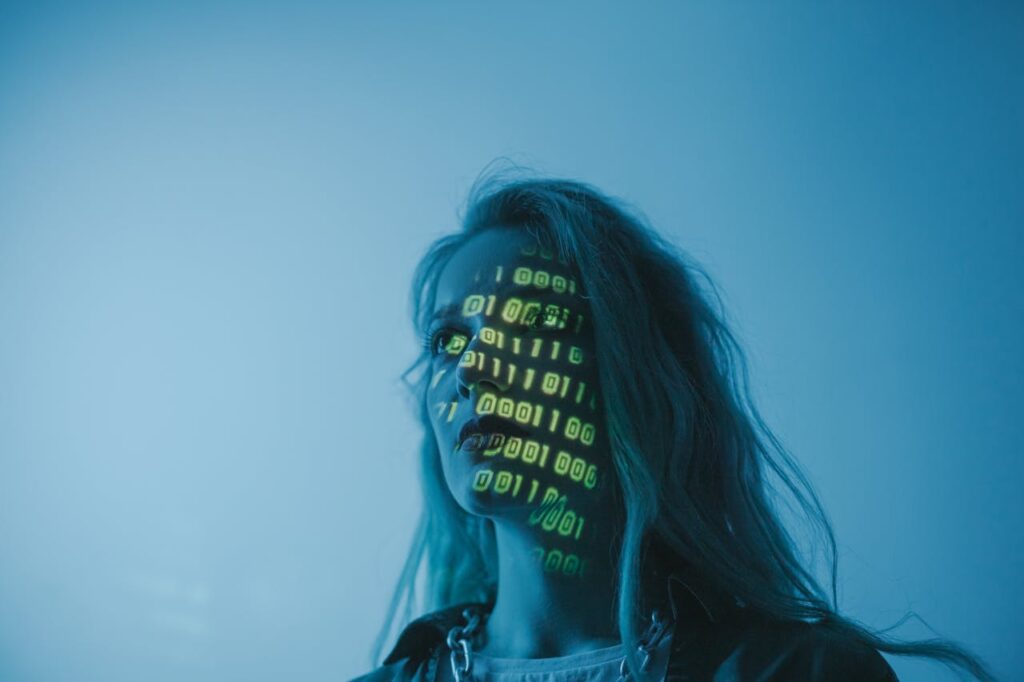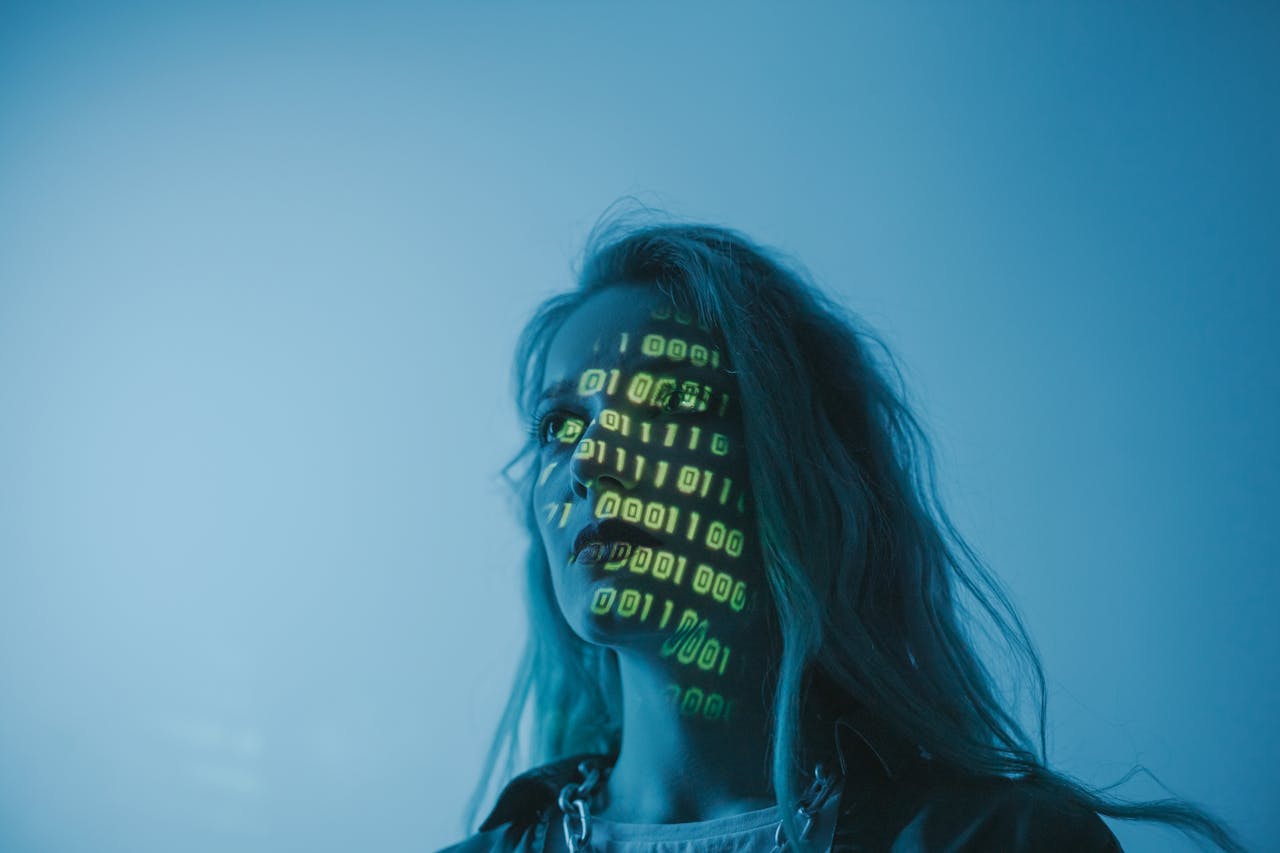Kling AI: Unleashing Creativity with AI: Transforming Art into Cinematic Drone Footage
In an era dominated by technological innovation, the lines between digital art and real-world cinematography are increasingly blurred. A remarkable example of this convergence is the transformation of an AI-generated image into a 40-second drone shot using technology from Kling AI, a Chinese company specializing in converting images to videos through advanced AI tools.
The Power of AI in Artistic Transformation
Kling AI has pioneered a method that allows digital artists and filmmakers to elevate their visual narratives to new heights. By taking static images created by AI, specifically those generated by Midjourney, and transforming them into dynamic, aerial footage, Kling AI is redefining what is possible in both art and technology. This process not only enhances the visual appeal but also adds a new dimension of motion and perspective to the artwork.
From Pixels to Flight: The Process
The transformation process involves sophisticated AI algorithms that interpret the elements of the AI-generated image and reconstruct it into a sequence suitable for video. This involves understanding the depth, scale, and relative motion within the image to create a seamless, flowing drone shot. The result is not just a video but a piece of cinematic art that retains the essence of the original digital creation while introducing a realistic and immersive experience.

Kling AI: Bridging Art and Technology
Kling AI, with its innovative approach, stands out as a leader in the AI space, particularly in the realm of image-to-video conversion. As a Chinese enterprise, Kling AI brings a unique perspective to the global technology landscape, demonstrating the universal language of innovation and creativity. The company’s tool is a testament to how AI can be utilized to bridge disparate domains—here, static digital art and dynamic cinematography.
The Implications for Digital Artists and Filmmakers
This technological advancement opens up new avenues for digital artists and filmmakers. It allows them to experiment with AI as a collaborative tool that can extend their artistic vision beyond traditional boundaries. The ability to transform a single image into a video sequence can revolutionize the way stories are told and experienced, offering audiences more engaging and visually captivating content.
Conclusion: The Future of AI in Creative Industries
The use of AI tools like those from Kling AI to transform images into drone footage is just a glimpse into the future of digital creativity. As these technologies continue to evolve, they will offer more sophisticated ways to merge artistic expression with technological innovation. For artists and filmmakers, this means an ever-expanding canvas on which to paint their visions, making the art of the future something truly spectacular to anticipate.
In summary, the journey from a static AI-generated image to a fluid drone shot encapsulates the incredible potential of AI in transforming not just images but also our expectations of what art can be. This fusion of creativity and technology, facilitated by companies like Kling AI, promises to keep pushing the boundaries of how we create, view, and interact with art in the digital age.


